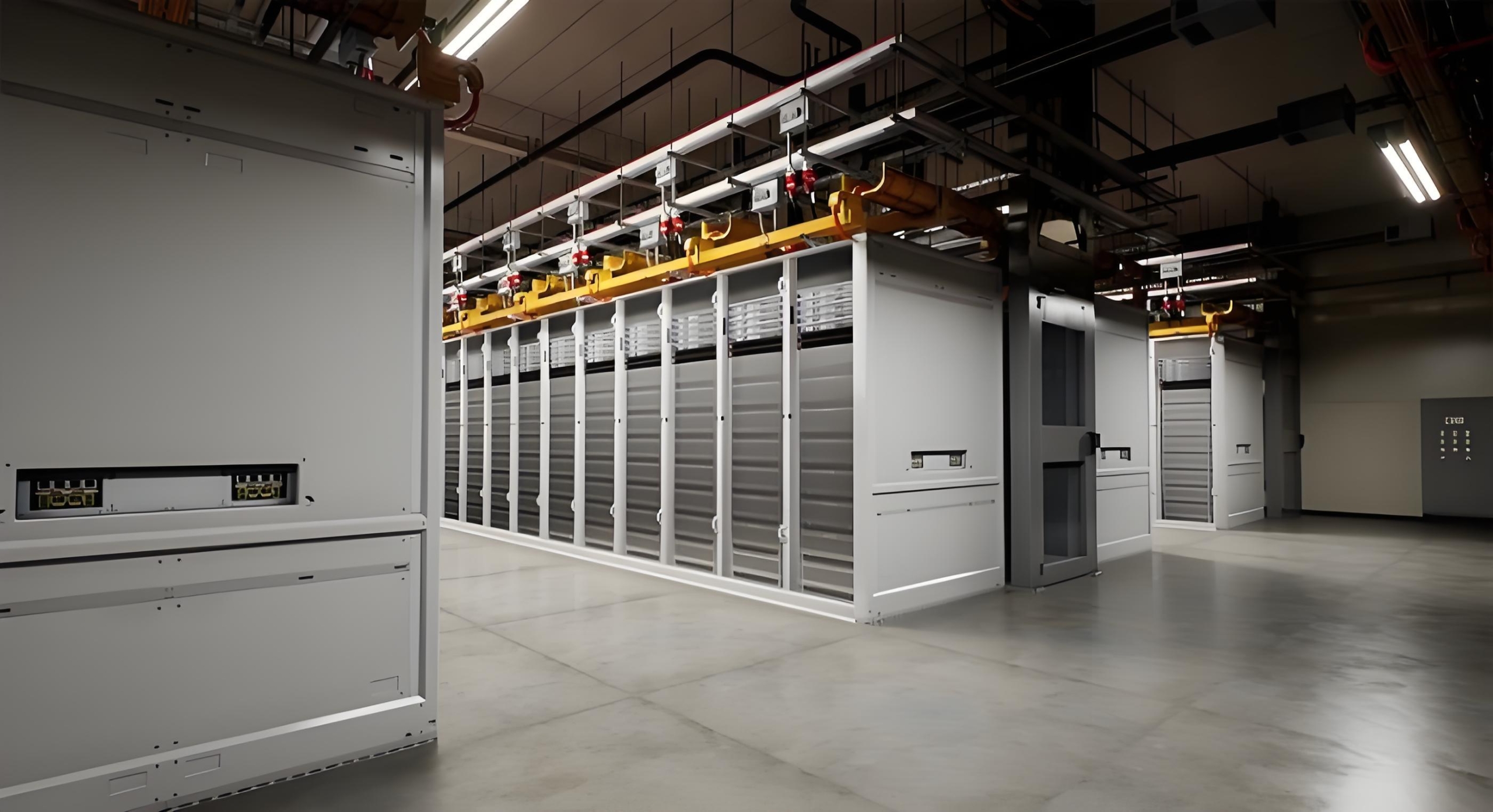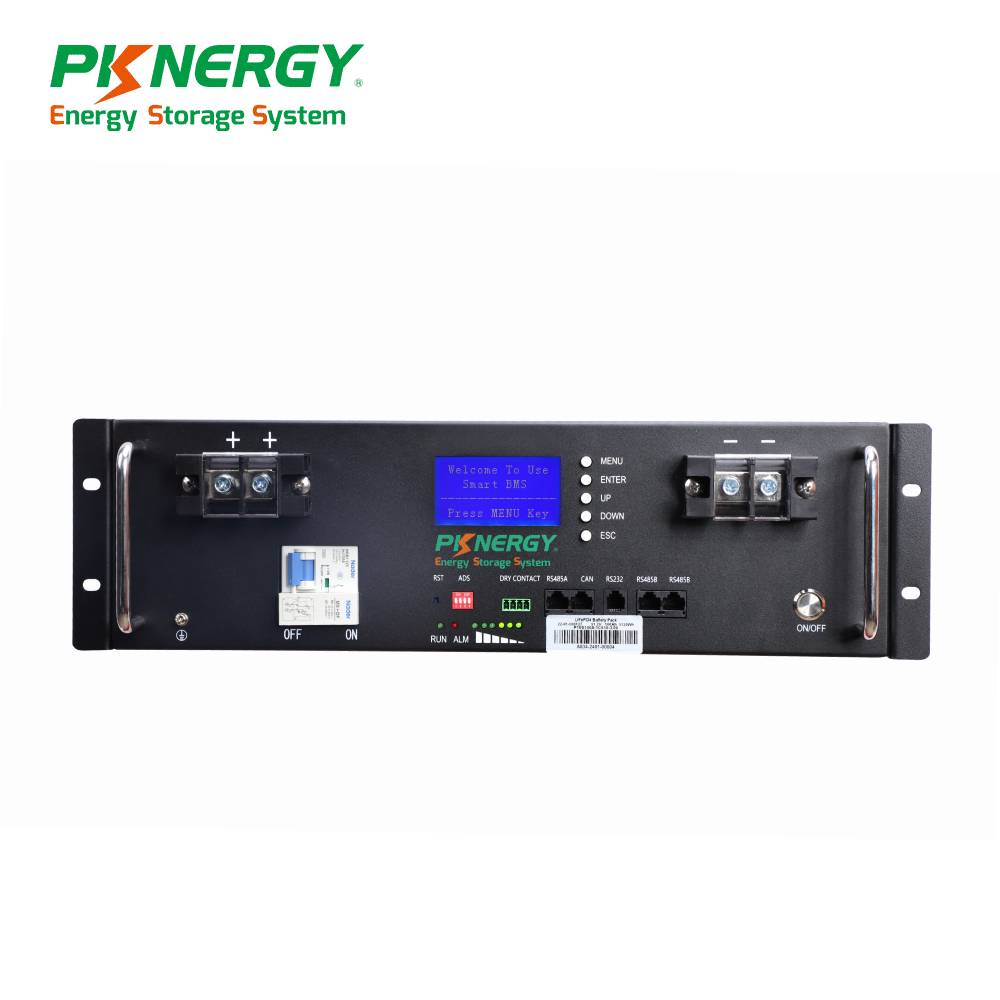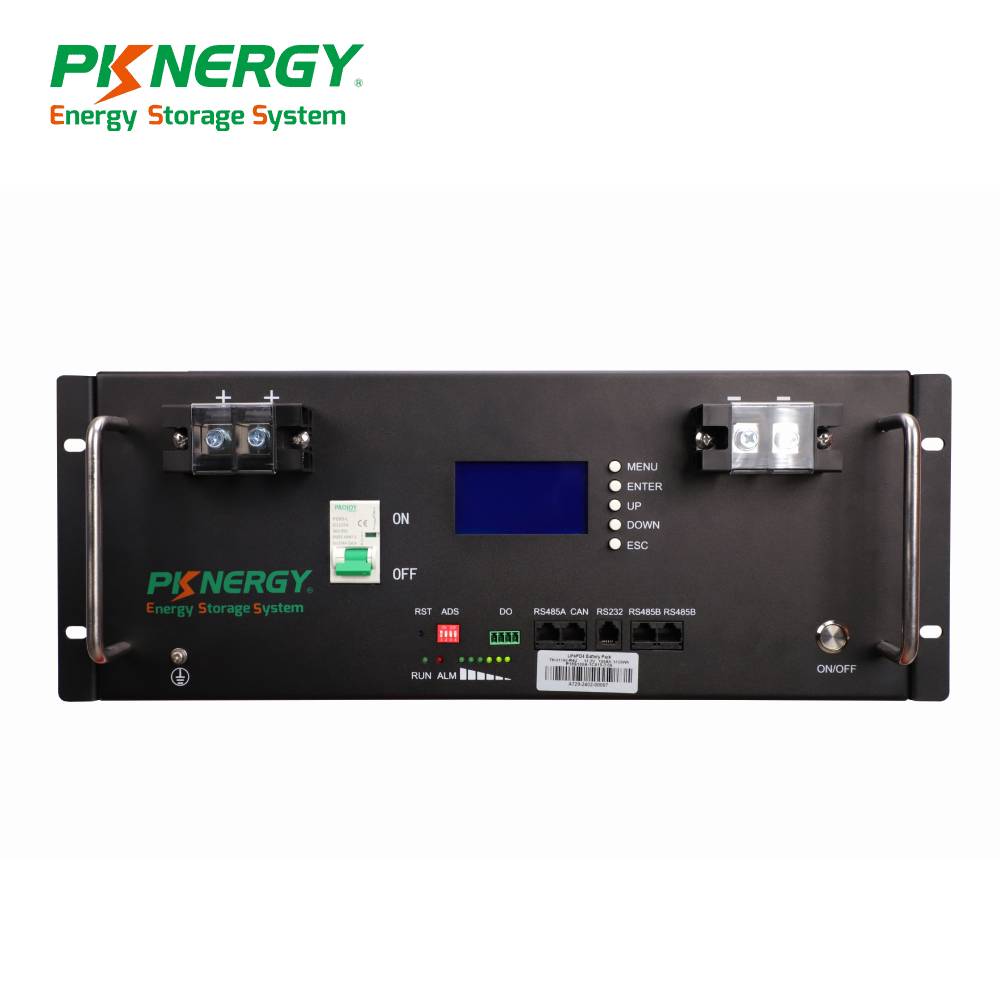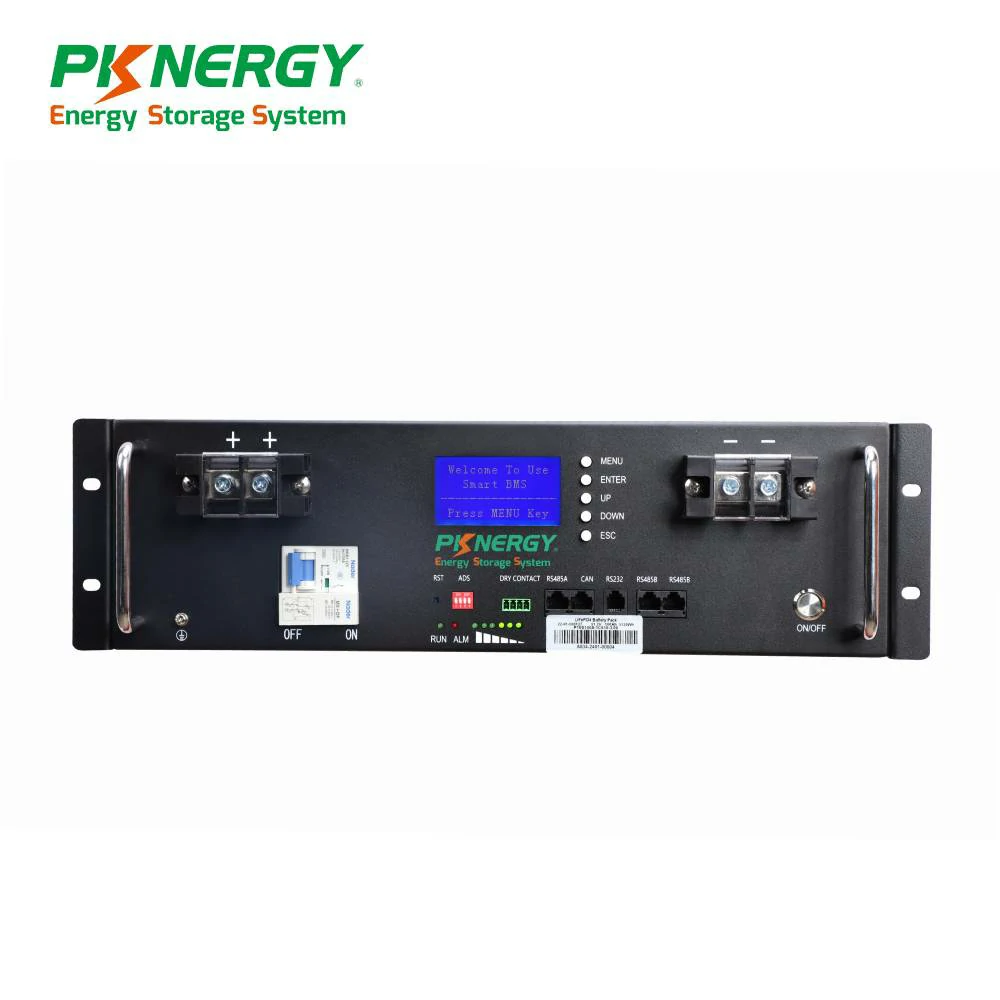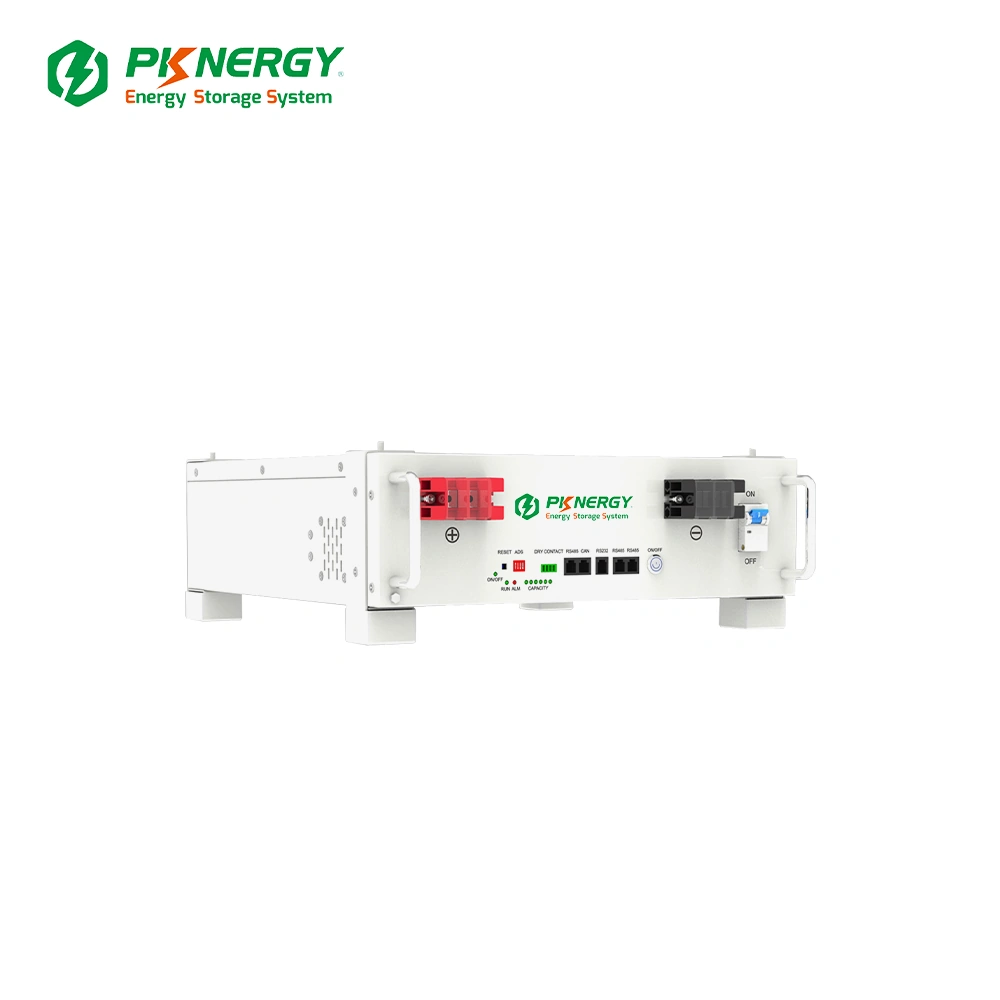
The Importance of Energy Storage Systems for Data Centers
Data centers are the backbone of modern information-driven society, responsible for storing, processing, and transmitting massive amounts of critical information. The stability of their power supply is crucial. Any power outage could result in equipment downtime, data loss, and significant financial losses.
While most data centers are equipped with multiple backup power solutions, such as diesel generators and UPS systems, traditional systems may take several seconds to minutes to switch during unexpected power outages. During this period, if no additional buffer power is available, the normal operation of the data center could be compromised.
ESS can respond rapidly to grid interruptions, provide several hours of independent power supply, and buy valuable time for diesel generators to start and for implementing other contingency plans, ensuring continuous power supply.
Benefits of Energy Storage Systems for Data Centers
Rapid Response to Fill Power Gaps
Energy storage battery systems can connect within milliseconds of a grid power outage, providing uninterrupted power to data center equipment and bridging the gap before diesel generators are fully operational. This rapid response significantly reduces the risk of outages.
Reduced Equipment Strain
UPS systems are designed for short-term power supply but frequent, high-intensity usage can shorten their lifespan. Energy storage systems can take on the primary load during the initial stages of an outage, thereby extending the life of UPS equipment.
Enhanced Overall Reliability
As part of a multi-tier backup power solution, energy storage systems not only provide reliable buffer power but also integrate seamlessly with diesel generators, creating an efficient emergency power system and reducing safety risks associated with power outages.
Low Maintenance Costs
Energy storage systems only operate during grid outages, requiring minimal maintenance and incurring far lower running costs than diesel generators, which rely on continuous fuel consumption. ESS charges from the grid, eliminating additional fuel expenses.
PKNERGY offers a free, no-obligation Data Center energy storage solution with estimated cost savings
Data Centers Energy Storage System Case Study
What are their needs?
A small data center in Indonesia, covering an area of approximately 500 square meters, primarily provides data storage and computing services for regional businesses. The center relies entirely on public grid power and has diesel generators and UPS systems as backup. However, the UPS can only sustain operations for about 10 minutes, insufficient for longer outages, while diesel generators take 2-3 minutes to start. This left the data center vulnerable to short power interruptions during outages. To address this gap, the operator decided to implement a lithium iron phosphate (LiFePO4) energy storage system.
PKNERGY’s Solution
200kWh Battery Energy Storage System
PKNERGY designed an energy storage system for the data center with the following configuration:
- Energy Storage System Structure: 200 kWh rack-mounted batteries + PCS
- Backup Power Structure:
- Grid Power → Energy Storage Battery → UPS → Diesel Generator
During normal grid operation, the energy storage battery charges via the grid, remaining fully charged and on standby. When a grid outage occurs, the system responds within milliseconds to take over the power supply, completely eliminating the risk of power interruption.
What they got?
The system supports the data center’s 30 kW load and can provide uninterrupted power for up to 5 hours before grid power is restored. With this energy storage solution, the data center achieves seamless power transitions during unexpected outages, ensuring efficient operations and zero downtime.
Save Money, Protect Environment
PKNERGY helps you reduce your energy bills for your home solar energy storage, store your solar energy for use anytime- at night or during an outage.

